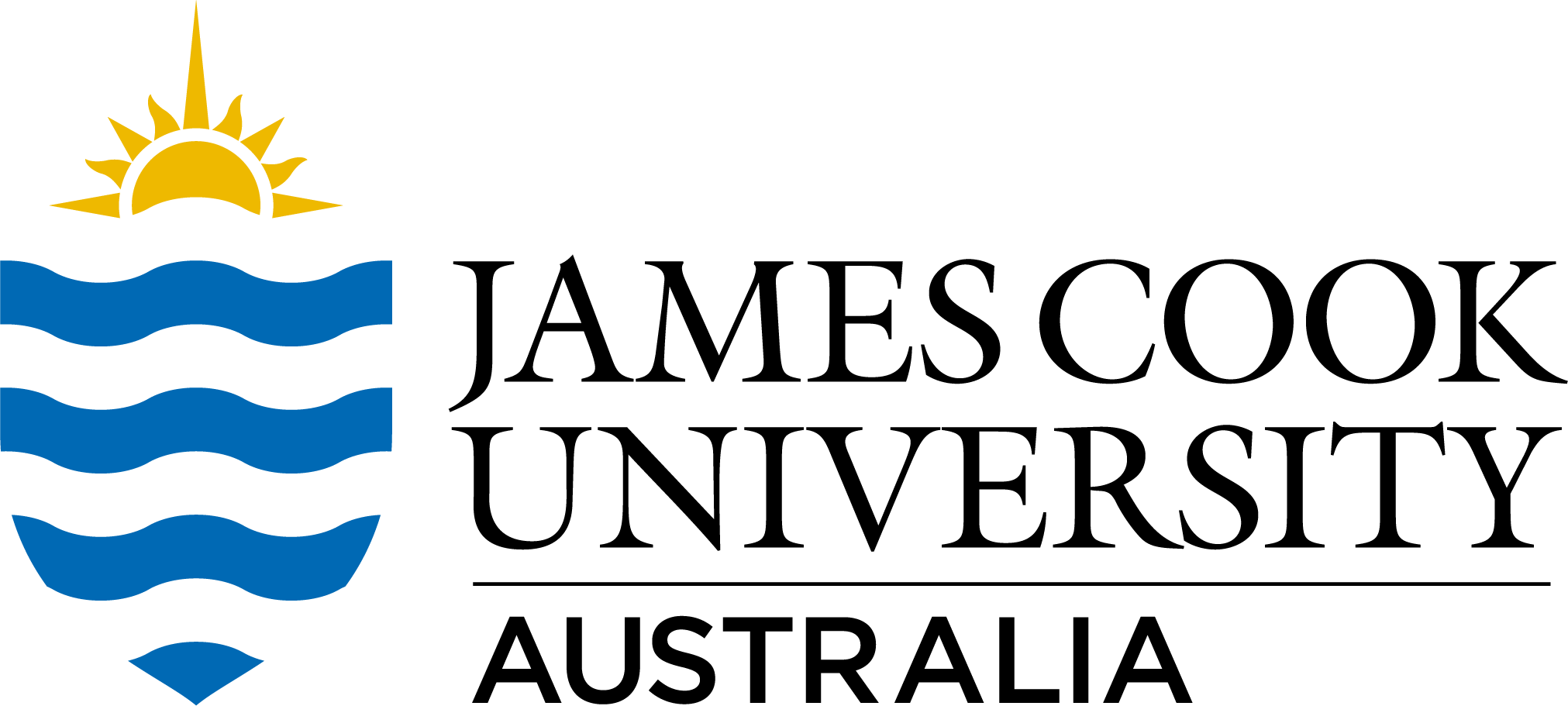Brief description
This data set includes topographical, GPR (Ground Penetrating Radar) and electrical resistivity survey data from Thundiy on Bentinck Island in the Gulf of Carpentaria (QLD, Australia). The data set also includes two sets of GPR and electrical resistivity survey data from an experimental site on the Cairns campus of James Cook University (QLD, Australia); one survey was completed under wet ground conditions and one with dry.
Full description
This data set was collected to test a novel methodology developed to enhance shell matrix research. Shell middens comprise a significant part of the Indigenous archaeological record of Australia however they are notoriously difficult to research, often being large and structurally heterogeneous with complex formation histories. In order to create accurate accounts of the archaeological record and chronological frameworks for coastal Australia, it is vital that improved methods for sampling these sites and characterising their variability are explored. The current research attempts to address this problem by developing novel methods for investigating shell matrix sites. These novel methods include the application of geophysical survey techniques to shell matrix sites and the construction of three-dimensional models and volume estimates based on these results. The study compares two methods, ground-penetrating radar (GPR) and electrical resistivity, in both controlled experimental and field settings in tropical Australian contexts. These methods provide a way to greatly improve sampling regimes in shell matrix research by providing an understanding of the buried deposits before excavation takes place, the methods also provide information in their own right allowing for a better understanding of the size and shape of buried matrices, and even the palaeolanscapes on which they were deposited.
GPR data was collected using a Mala X3M Geoscience GPR with a RAMAC XV Monitor and a 500 MHz antenna. Resistivity data was collected using an Advanced Geosciences, Inc. resistance meter consisting of a MiniSting control unit and Swift electrode cable with 28 electrodes. GPR data files (.rd3 format) can be opened in any third party software including but not limited to Reflex-w (used by author), GPRSoft Viewer (free) or MALA ObjectMapper. RAD (.rad) files are header files and can be opened using a text editor. The GPR outputs .cor and .mrk files but these files do not contain data as a GPS was not connected. The resistivity raw data consists of STG (.stg) files and these can be used with any resistivity modelling software.
Created: 2016-11-29
Data time period: 12 07 2014 to 06 08 2016
text: Thundiy, Bentinck Island, Gulf of Carpentaria, Queensland, Australia
text: Cairns Campus, James Cook University, Queensland, Australia
User Contributed Tags
Login to tag this record with meaningful keywords to make it easier to discover
- DOI : 10.4225/28/584755108D3DC

- Local : researchdata.jcu.edu.au//published/3d6df04d506bc31df0e6db5dbc9e497b
- Local : 37f75774617c3fd6845d844be0cdc07b


